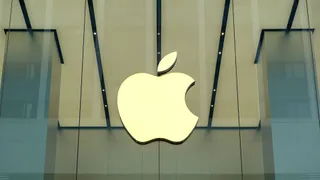
Lidl triumphs over Tesco in UK logo clash
Tesco’s Clubcard logo infringes Lidl’s, judge rules | Lidl claimed that Tesco was “riding on the coattails”of its reputation as a budget supermarket | But Tesco wins counterclaim that Lidl’s wordless mark was in bad faith.
Already registered?
Login to your account
If you don't have a login or your access has expired, you will need to purchase a subscription to gain access to this article, including all our online content.
For more information on individual annual subscriptions for full paid access and corporate subscription options please contact us.
To request a FREE 2-week trial subscription, please signup.
NOTE - this can take up to 48hrs to be approved.
For multi-user price options, or to check if your company has an existing subscription that we can add you to for FREE, please email Adrian Tapping at atapping@newtonmedia.co.uk

